“Athar” is an open repository that benchmarks the whole life cycle of research including knowledge transfer and public or policy-oriented research activities. It targets research in and on the Arab World. “Athar” relies on the data introduced by the researchers which include description of their research projects and outputs of their social impact. The “social” is meant in broad sense, which includes economic, political, cultural and conceptual aspects. The search engine can be used by all stakeholders (researchers, Institutional beneficiaries, policymakers, the public, funding agencies, etc.)..



Letter from the Chair of Board:
I am pleased to write to you about the newly-born Portal for Social Impact of Scientific Research, Targeting Research in/on the Arab World (Athar).
This project was developed in order to enhance the understanding of the complex relation between scientific research and society. Social inequality, mass atrocities, large-scale refugee and migration movements, energy crisis, climate change and global warming, are some of the many problems that are widely studied and debated. Drawing public policy implications of research and raising public awareness about such problems of our times have become increasingly difficult, in a context marked by strong tendencies favoring a commodification of knowledge and where public opinions are largely influenced by market interests and sensationalist as well as reductionist trend in media.
"Athar" intends to help establishing more intimate connections between research, university and society. Launched in early 2018, it is a tool designed to share information and analysis of researchers accounting for the whole life cycle of their research projects, including knowledge exchange and public or policy-oriented activities.
Hosted by the Issam Fares Institute for Public Policy and International Affairs at the American University of Beirut, Athar will build on its efforts meant to foster mutually-enriching connections between scientific research and public policy. For many years, the Institute has struggled to facilitate exchange and dialogue between the academic and policy communities, while constantly affirming the need for knowledge producers to reflect on the relevance of their work and its social impact.
In order to serve more convincingly the purpose of reflecting on research production in relation to its transformative role in society, Athar will gather data introduced by the researchers consisting of description of their projects, their outputs and possible social impact, in the realms of ideas, culture, politics and economics.
Athar is called to serve a variety of stakeholders: researchers, institutional beneficiaries, policymakers, the public, funding agencies and others. We look forward to welcoming your contributions. It is our hope that it initiates a wider process of making knowledge more impactful and accessible.
Tarek Mitri
Director of Issam Fares institute for Public Policy and International Affairs

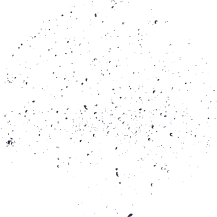
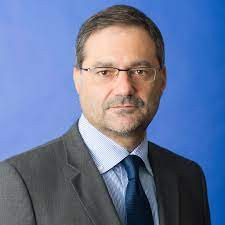
chair
Director at Issam Fares Institute for Public Policy and International Affairs
[email protected]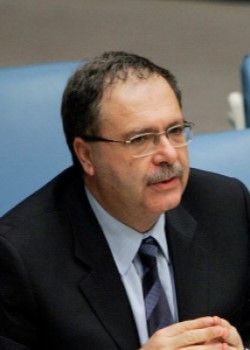
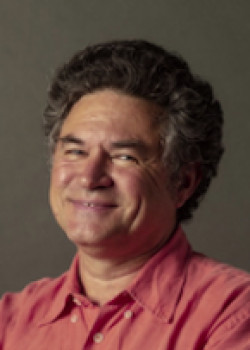
Director of IFRIS
Institute For Research and Innovation in Society, Senior Researcher in CEPED-IRD
[email protected]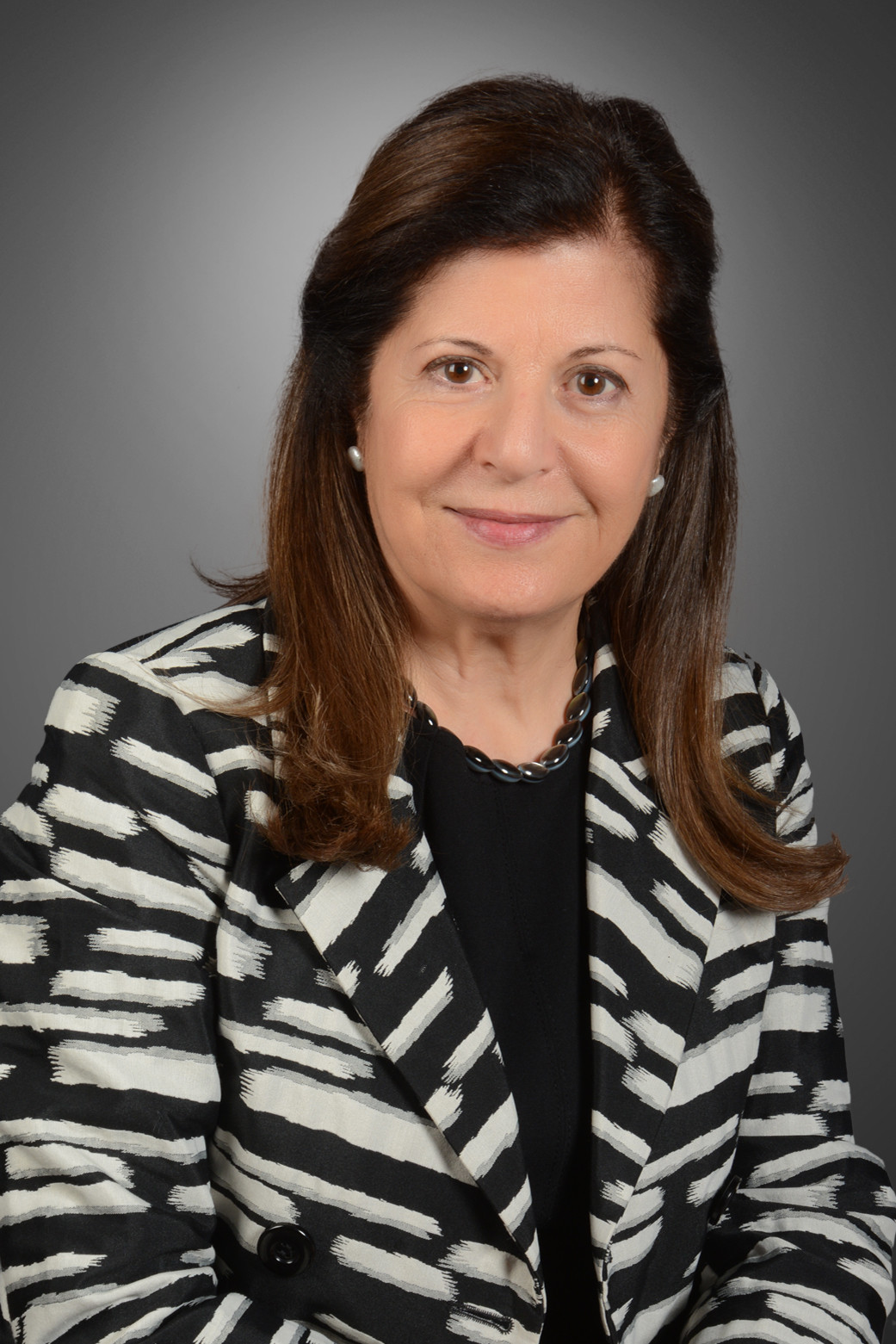
Director
Director General and Principal Research Scientist at the Kuwait Institute for Scientific Research
[email protected]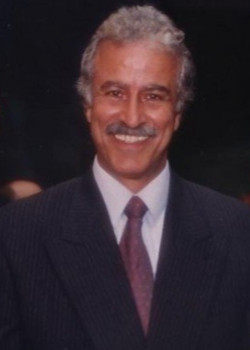
President of the Palestine Academy for Science and Technology
President of the Palestine Academy for Science and Technology, Palestine
[email protected]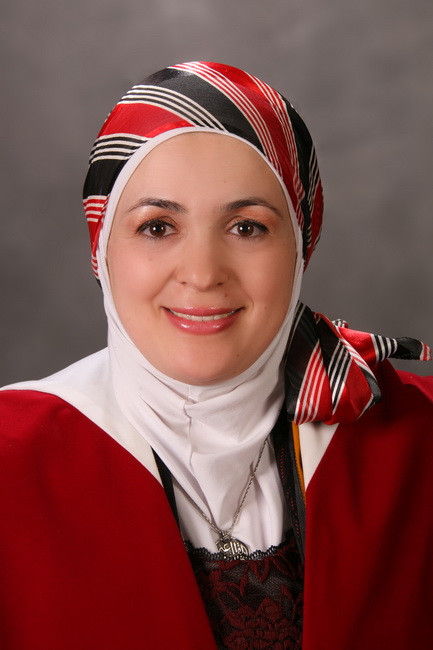
General Director
General Director of the Scientific Research Support Fund of Jordan
[email protected]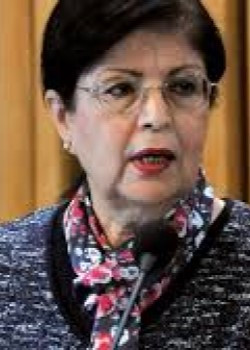
Director
Director, of the National Authority of Evaluation, Morocco
[email protected]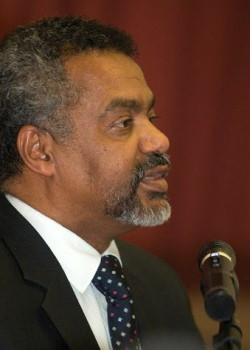
Dean of the School of Social Sciences and Humanities
Dean of the School of Social Sciences and Humanities, Doha Institute for Graduate Studies
[email protected]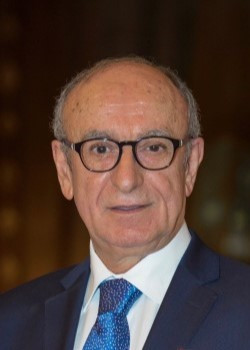
Director
Director-General of the National Council for Scientific Research – Lebanon
[email protected]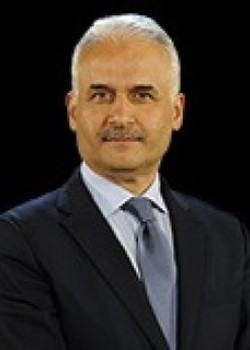
Senior Officer
Senior Officer at the United Nations Economic and Social Commission for Western Asia ESCWA
[email protected]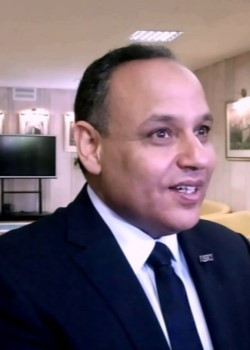
President of the Academy of Scientific Research and Technology
President of the Academy of Scientific Research and Technology in Cairo, Egypt
[email protected]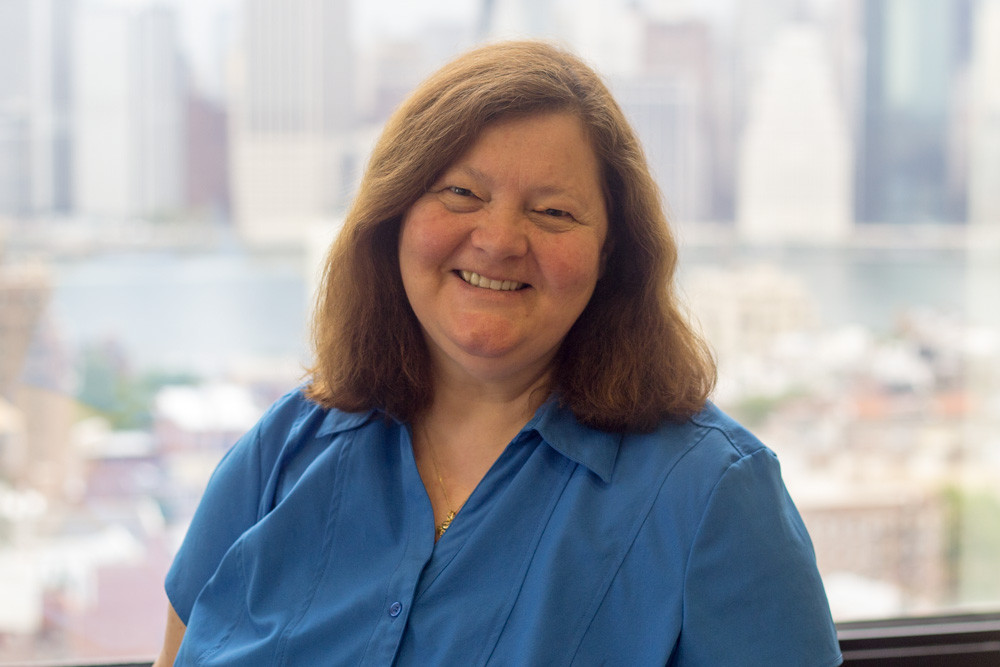
Director of the arab council of social science
Director of the arab council of social science
[email protected]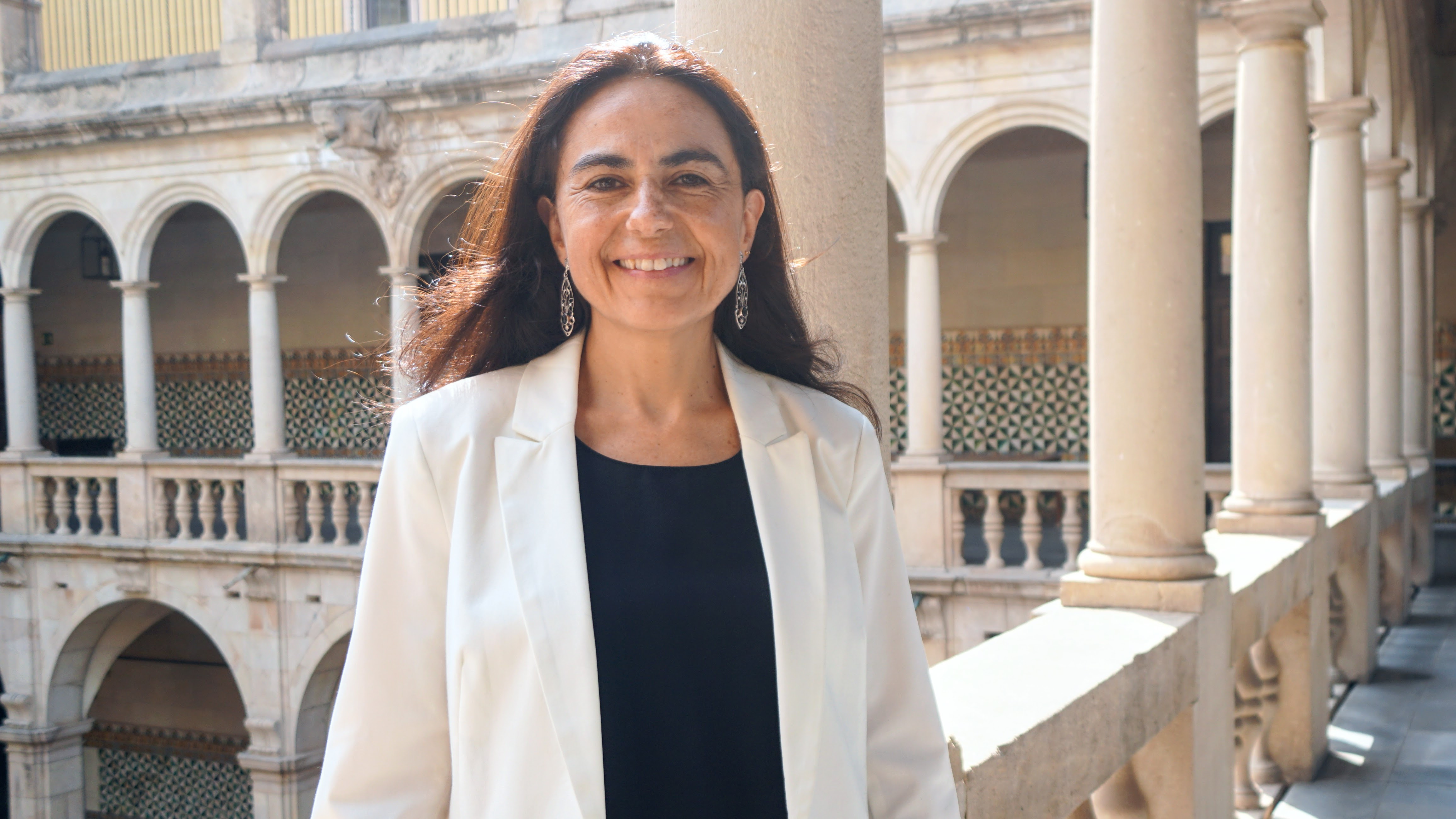
Professor of Sociology, University of Barcelona
European Sociological Association, President
[email protected]